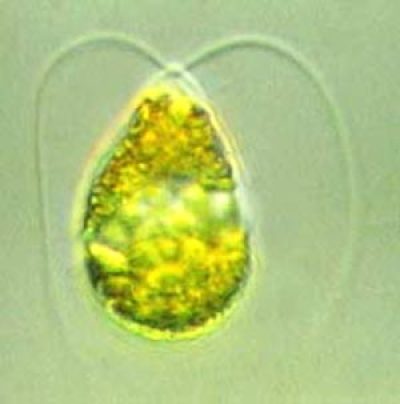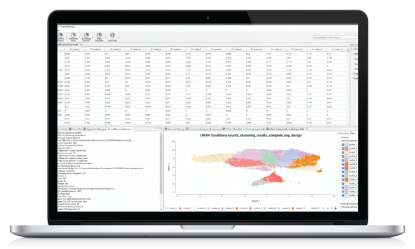BioBam Bioinformatics S.L. Supported Project.
Researchers:
- Nahid Hosseinzadeh Gharajeh
- Mohammad Amin Hejazi
- Mostafa Valizadeh
- Ebrahim Dorani
Background and Project Overview:
Dunaliella is a unicellular, halotolerant, biflagellate microalga which is already exploited as a platform in food, feed, aquaculture, biomedical, pharmaceutical, nutraceutical and cosmeceutical industries, specifically due to its high production of β-carotene and fine chemicals. There is a wide range of studies in terms of morphology, physiology and biochemistry of the microalga Dunaliella. However, there are very limited studies evaluating its molecular, genomic and transcriptomic aspect which are fundamentally based on the well-known Dunaliella species, ignoring the native/indigenous isolates originated from various locations. Through exploring local isolates, a broad collection of Dunaliella strains with potential commercial exploitation would be accessible. Optimum environmental factors in organisms, due to various cellular adaptation mechanisms to different stresses are species-specific. Microalgae are not excluded from the rule since it is proven that their response to halostress, differ depending on the species and even the strain. The man focus of our study is on transcriptome profiling of a native isolate from Urmia lake and evaluating its transcriptome analysis with a focus on lipid pathway genes.
Future Perspectives/Outlook:
Dunaliella might produce the total lipid exceeding 60 % of dry weight (DW), under stress conditions. There is a potential to develop an optimized platform for microalgal strains to outreach the desired lipid and fatty acid content. The new microalgal biotech platform for Industrial Biotechnology (IB) is the harnessing of biological processes and materials for the production of industrially useful products such as lipids on large scale. In this regard identification and evaluation of the genes, transcripts and the relevant products are of great importance. RNA-seq analysis of the cells grown in both optimal and non-optimal conditions for lipid production would provide an adequate platform for investigation and perception of the mechanisms involved in transcriptional regulation and metabolic pathway of lipid accumulation.
The Contribution of OmicsBox:
There is the paucity of genomic and transcriptomic data related to the genus Dunaliella which mainly belongs to Dunaliella salina, a well-known species for beta-carotene production. The databank of Dunaliella needs to be enriched with the data corresponding to other species/ strains along with their gene annotations. Blast2GO methodology is an appropriate bioinformatics tool for blasting, mapping, functional annotation and the detailed analysis of sequence data. Using the Functional Analysis Module we will identify and evaluate the key gene/enzymes, the biological processes and cell compartments involved in lipid production pathway.
Research Centers: Faculty of Agriculture, University of Tabriz
The Faculty of Agriculture was founded in 1955 with only 59 students admitted to a B.Sc. program. Since then, the faculty has been expanded in both quantity and quality terms, to the extent that in the present academic year (2016-2017), it is leading its educational and scientific activities with about 140 academic staffs, serving students at undergraduate and graduate (M.Sc. and Ph.D.) levels.



